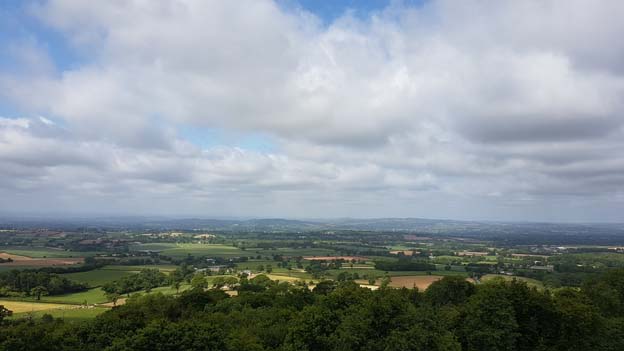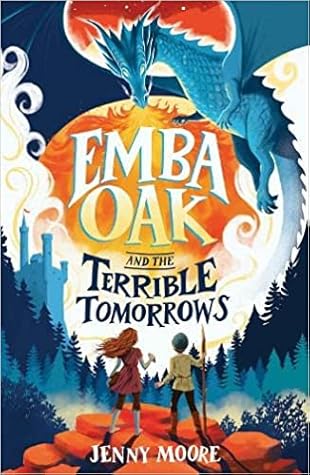
I haven’t watched the video of George Floyd’s death but I have seen the pictures. They transported me in an instant to ethics lectures during my nurse training. I remember the stunned silence when we learnt that it was doctors who supervised the mass killings in the gas chambers of Nazi concentration camps and pronounced the victims dead. I suppose I had assumed it was the guards. Nurses were involved too. It was nurses who headed up Nazi euthanasia programmes of disabled children. Our lecturer demanded to know how we were going to prevent ourselves becoming complicit in any such future horrors? In the time I have been away from nursing, Human Factors training has become a key tenet of healthcare staff induction programmes. A video is often shown of Martin Bromily, an airline pilot, describing the death of his wife Elaine, during a routine sinus operation in a British hospital (you can watch it here). Martin, incredibly, through his grief, began applying his knowledge of airline safety to the circumstances around his wife’s death.
One of the key questions Martin wanted to answer was why, even though the nurses in the situation knew that something was going very badly wrong, they did not act to prevent Elaine’s death. A key element of the answer was bound up in the concept of organisational culture. The Health and Safety Executive define organisational culture as “the way we do things around here”. “Culture forms the context within which people judge the appropriateness of their behaviour”, and it can have a dramatic affect. We absorb ideas and patterns of thinking from those around us, without even realising it is happening, and this influences both our actions and our inactions. Those nurses in Nazi Germany might have been loving mothers at home but they went to work and committed atrocities. My ethics lecturer wanted us to understand that ordinary people do bad, and at times, evil things. She wanted us to interrogate the ways in which we had already been socialised. As nurses she wanted us to be alert to the way in which the institutions we worked in would go on to socialise us, and urged us to be critical and self-reflective to prevent ourselves becoming tools of injustice.
I wish I could say my ethics training worked comprehensively but human growth is traumatic. Certainly mine seems to be at any rate, and not just for me! I have made many mistakes in the past, and cringe to think of my thoughtlessness. I remember one particularly awful incident towards the end of a 12-hour shift, not long after I had qualified, in which my intention was to be kind but I got it very wrong. At the time, my lovely mother-in-law generously reminded me that I had done the best I could in that moment, being the person I was, and with the knowledge I had, but I still think of it. Maya Angelou puts it like this, “Do the best you can until you know better. Then when you know better, do better.”
Of course, I am talking in the general about all the opportunities we all have to respect human dignity, stand against injustice, and understand the way in which culture influences us. Racial injustice is a specific aspect of that, with a long and horrific history. Far wiser, braver and more knowledgeable people than me are currently sharing their words on this. What is required of me at the moment is to listen, so, no more words, but…perhaps, I could share this…
This is a link to an article in the Guardian from the end of May. It’s easy to feel that our actions count for very little. Whether it’s the environment, or racial injustice, what difference can we really make? The people in this article are ordinary, their eyes down, acting on their values, getting on with caring for a square of earth, unaware they were part of a patchwork of people doing likewise. And it turns out, that patchwork is making a measurable difference.






